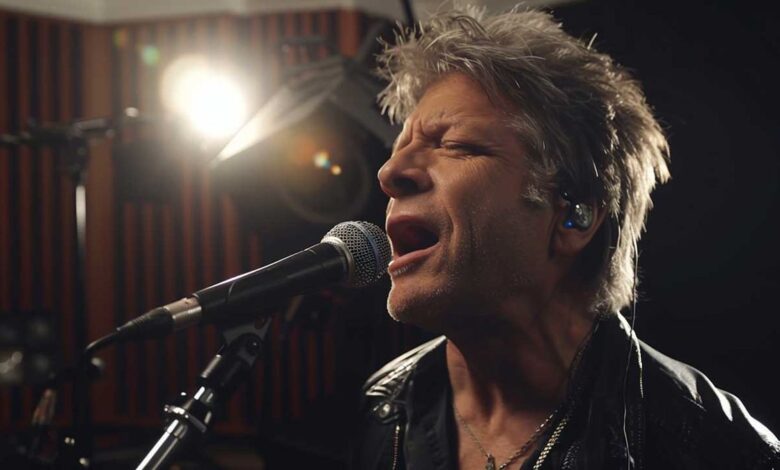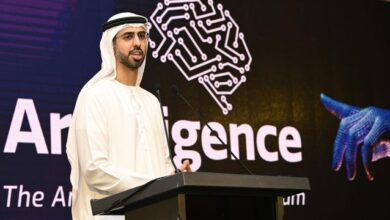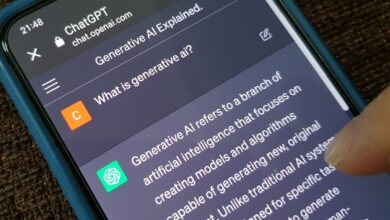Universal Music has signed a deal to train Artificial Intelligence to make “ultra-high fidelity vocal models” of artists signed to the label

Universal Music, the biggest music company in the world, has signed a deal with artificial intelligence company Soundlabs to create what it calls “official ultra-high fidelity vocal models for artists using their own voice data for training while retaining control over ownership and giving them full artistic approval and control of the output.”
In a nutshell, the deal allows singers signed to the label to train AI models using their own voices, meaning that that Jon Bon Jovi – in theory, at least – could record a new album using AI-generated vocals without committing his own voice to tape. The deal ensures that artists retain ownership of the results and are given full artistic approval on how they’re used, so that not everyone can make a new Bon Jovi album.
In a press release, Universal Music say, “It empowers artists and producers to explore bleeding-edge vocal transformations, including voice-to-voice, voice-to-instrument, speech-to-singing, language transposition, and a myriad of previously impossible vocal transformations. Together, UMG and SoundLabs are collaborating to allow UMG artists to create custom vocal models that will be available for their exclusive creative use cases, and not available to the general public.”
“It’s a tremendous honor to be working with the forward-thinking and creatively aligned Universal Music Group,” adds Soundlabs founder BT, who dance music fans may remember from the 1986 hit Blue Skies, featuring Tori Amos. “We believe the future of music creation is decidedly human.
“Artificial intelligence, when used ethically and trained consensually, has the Promethean ability to unlock unimaginable new creative insights, diminish friction in the creative process and democratize creativity for artists, fans, and creators of all stripes.
“We are designing tools not to replace human artists, but to amplify human creativity.”
Soundlabs describe themselves as producing “ethically trained AI assistive tools for musicians that put the power in musicians’ hands, and keeps it there”, but the use of AI has been proposed in more controversial ways elsewhere.
In the new issue of Classic Rock – out this Friday – Peter Frampton talks about recent plans to release AI-assisted recordings of Humble Pie using “new” vocals from late singer Steve Marriott.
“If they [AI technicians] can do it to Steve and they’ve done it to me, what comes next? How far will they go?” says Frampton. “For me there is no place for such fakery. Using somebody’s immortal voice for anything other than its original purpose is just wrong.”



